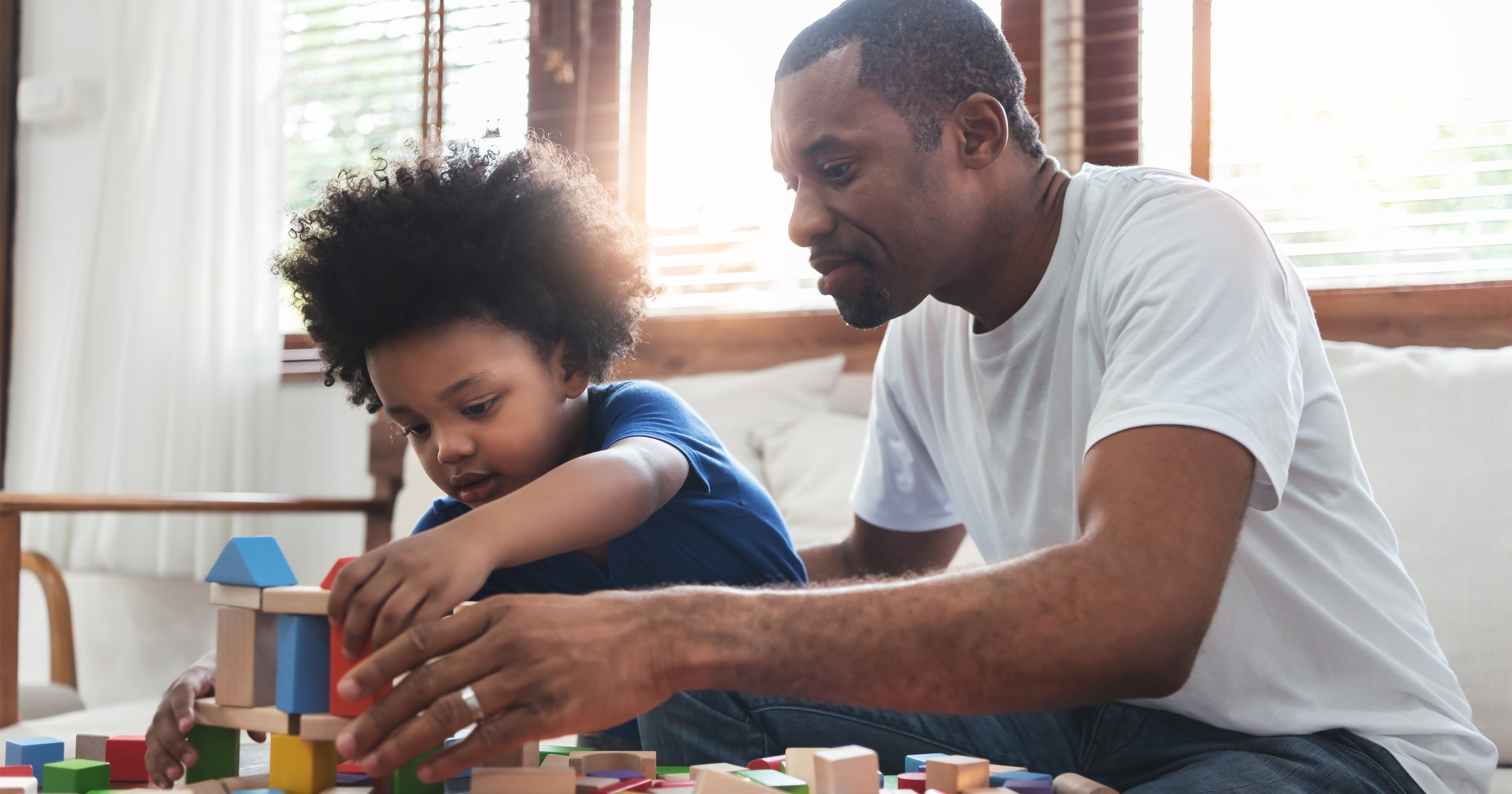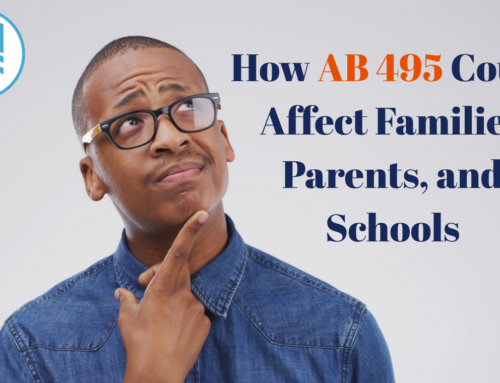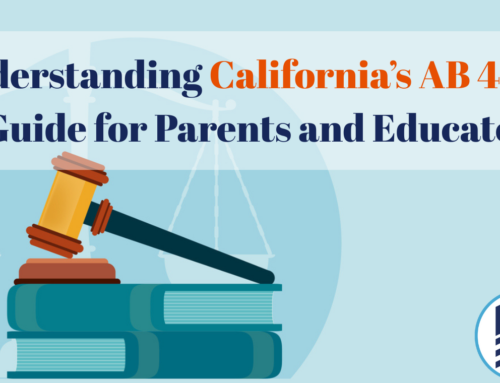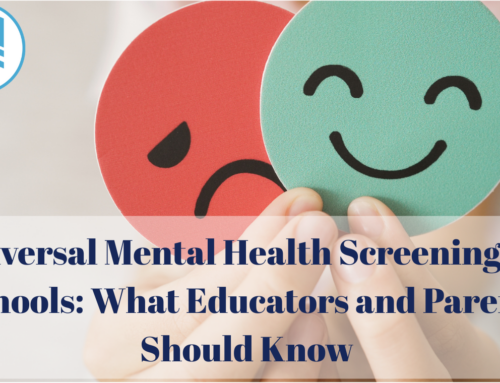
“Right now we are raising a whole generation of children who are being raised without fathers in their homes.”
Sheila Qualls devotes much of her time these days to the black community, sharing the promise of the American dream—and that it works for everyone. Not just for white people. Not just for rich people. Everyone.
Sheila and her husband Kendall Qualls are the founders of TakeCharge, “a nonprofit that strives to unite Americans regardless of background toward a shared history and common set of beliefs. TakeCharge champions the notion that the promise of America works for everyone regardless of race or social standing.” Sheila currently serves as TakeCharge’s Executive Director, “inspiring black and other minority communities to take charge of their own lives.”
Last week, NWEF President Melvin Adams started a conversation with Sheila on our podcast The State of Education, discussing Black History month, the American Dream, and Critical Race Theory. (Read last week’s blog breakdown here.) This week, they wrap up their conversation with current data on the two-parent family, how education can improve in our country, and—most importantly—what parents and grandparents can do about it.
The Decline of the American Family
When Martin Luther King, Jr. was assassinated in 1968, around 80% of black children could expect to be raised with both parents in the home.
Now, over fifty years later, the situation has reversed. Only 20% of black kids have two-parent homes. In many areas, black children have never even seen an intact black family.
Most of these children live with their single mothers.
Sheila attributes a host of current social ills to this epidemic of fatherless: “I don’t believe the problems are because of racial disparities. We at TakeCharge believe the problems are two-parent disparities, because when you compare children who come from two-parent homes as opposed to children who come from fatherless homes—no matter what color the child—the statistics are almost identical in terms of graduation rates and marriage rates and birth rates and that kind of thing. We are not doing our children any favor by normalizing not having a father in the home. That was not the way that God intended for children to be raised, and we are seeing the ramifications of that.”
From issues of morality and education to self-worth and work ethic, Sheila believes that the deterioration of the family plays a huge role. The decline in the black community’s two-parent-household percentage began just a handful of years before Martin Luther King Jr.’s death, starting with social welfare programs:
“Throughout the worst of times, black families were intact, and we had core principles: faith, family, and education. Through Jim Crow, through sanctioned segregation, through redlining, through separate but equal, our families were intact,” Sheila recounts. “In the late 1960s, social welfare programs were introduced and heavily marketed in black communities. And it’s at that point in time where we see a statistically significant decline in marriage rates among black women…and an increase in fatherless homes.”
While the problem is severe for black families, the issue doesn’t hinge on race. The two-parent household rate today hovers around 50% for all ethnicities combined.
The stakes are high if American families aren’t rebuilt. Homelessness, suicide, mental health issues, and abuse are rampant in fatherless children. This isn’t an epidemic we can afford to ignore.
Education for Minorities
“I live in Minnesota; Minneapolis public schools, for the past 6 or 7 consecutive years, have graduated 50% of their black and brown students. And when children—number one, when you’re born without a father in the home and then you get a poor education—the odds are not in your favor,” Sheila shares.
She proposes several solutions to the education crisis gripping all American schoolchildren: funding educational choice, disempowering teachers’ unions, and stepping up to the plate as voters.
“We need to allow these mothers in these inner cities to have school choice. They should be allowed to send their children to schools where their kids can get a good education, because education is the great equalizer. And education is the one thing that these children have—or can get—that can make a tremendous difference in their lives.
While school choice would help open options to more families, the public school system continues to function as a monopoly under the control of state and national teachers’ unions. Sheila asserts that these unions determine what is taught in public schools.
She has a few ideas of her own about what children should be learning—and what they shouldn’t be: “Children need to learn the basics: reading, writing, math, critical thinking….And now, academic content is being substituted for social justice content. So our schools have become little factories that are producing social justice warriors. Children are not getting the education that they need…particularly in black communities.”
The ultimate solution? Using our voices. “We really need to find some way to, for lack of a better word, break up the teachers’ unions and to allow parents more say,” Sheila shares with Melvin. While all citizens have a role to play in this battle, families have the most at stake. She encourages people to run for school board, or at the very least, vote out bad school boards.
“If you don’t like what’s going on with your school board, fire your school board members. There’s no law that says that those people have to be your school board members. If you don’t like what’s going on, stop it.”
Parents Must be Brave
Whatever your skin color or background, when it comes to saving our kids’ educations—whatever your skin color—Sheila believes that the solution is the same.
Parents.
“If you don’t like what is going on, you need to find an alternative to what is happening,” she tells families.
She emphasizes that these are not the public schools’ children—they’re our children. Ours to protect and ours to guide into positive educational outcomes. “We’ve put public school on a pedestal, and it’s not,” she says.
And her message isn’t limited to concerned parents. She invites grandparents and other concerned family members to join the conversation and support the parental role:
“Help your kids. If your grandkids are the ones who are in school, and your children can’t afford private school, help them out. Supplement that income or say ‘Hey, I will homeschool your kids.’ We have so many options, and I think that a lot of times we get stuck in a rut of there’s only one way to do things…but there are so many more alternatives to school nowadays. And I say take advantage of them.”
Whatever your school choice, make it. Parents, be brave.
The breakdown of the American family doesn’t have to spell the end. And with so many parents and grandparents rising up around the nation, it won’t be.
Today’s episode:
Haven’t seen today’s The State of Education episode with Sheila Qualls? Watch or listen now:




